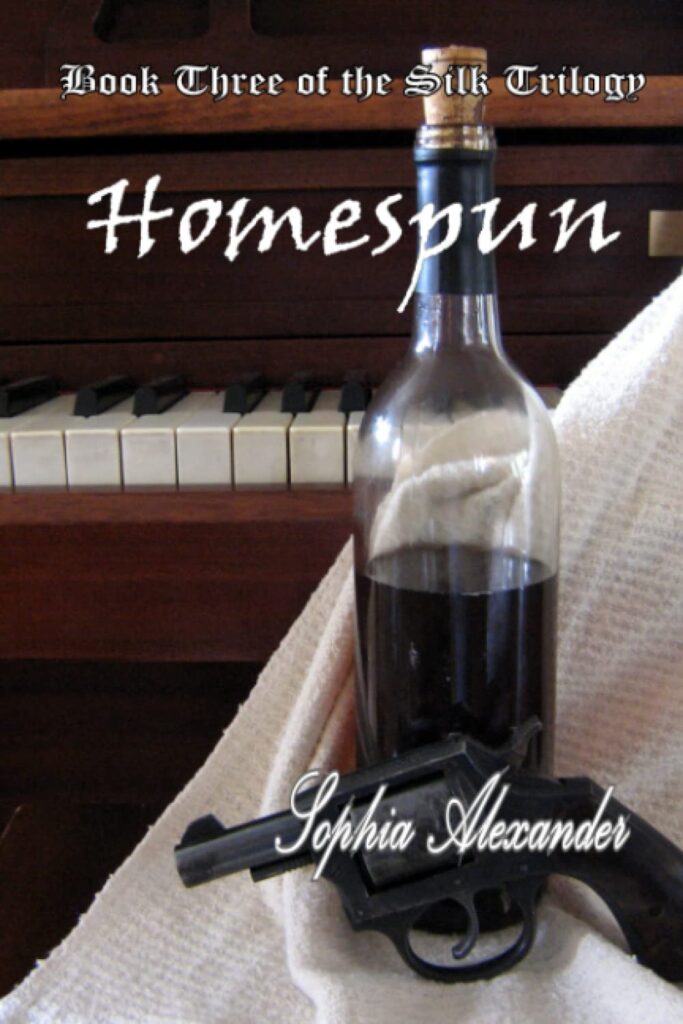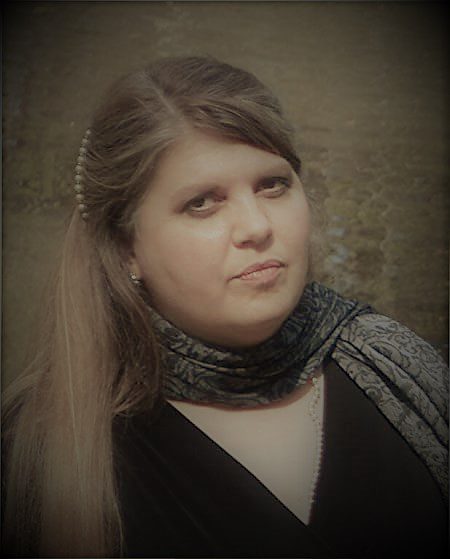Shelf Media hosts the annual Shelf Unbound Indie Best Book Competition for best self-published or independently published book. You can find the winner, finalists, long-listed, and more than 100 notable books from the competition in the December/January 2023 issue of Shelf Unbound.

Trouble lurks in the Lowcountry of South Carolina in the guise of a family feud, forbidden love, and a journalist hell-bent on uncovering corruption.
Meet Zingle Caddell, who doesn’t regret the destruction left in his wake so much as he is annoyed by it. Figuring no man can continue to have such bad luck, Zingle is waiting for his fortunes to improve. He knows what he likes–alcohol, women, and family, in about that order–and he’ll continue on with them as before. That is, until he’s surprised by a violent encounter with his match, Jessie Bell, when her stepdaughter doesn’t come home as expected. Bad blood is rampant between the Bells and the Caddells by the time Jessie’s daughter and Zingle’s nephew unwittingly fall in love. Forbidden to see one another, the couple must decide how much they’re willing to risk. Is it worth being ostracized from their families? Destitution? Their very lives?
About The Author: Sophia Alexander

Sophia Alexander writes character-driven historical fiction that grips readers’ emotions and surprises them with unexpected twists. A Lowcountry native, she is the award-winning author of the Silk Trilogy. Her writing is inspired by historical fact, genealogical investigations, intuitive guesswork, and fanciful romanticizations. Sophia is a graduate of the College of Charleston and Bastyr University. She lives with her husband in Savannah, GA. Visit authorsophiaalexander.blogspot.com to sign up for her newsletter.
Interview with Sophia Alexander
Tell us a little about your book.
SA: ‘Homespun’ is the finale to my multi-award-winning Southern Gothic family saga. The Silk Trilogy has the distinction of each of its novels being independently honored—in 2021, 2022, & now 2023—by Shelf Unbound as a finalist in their Best Indie Book Awards!
This saga tells of the lives and loves of three consecutive generations of resilient women, each profoundly affected by a single antagonist in the form of intense, inflexible Jessie Bell. Jessie presents her burgeoning obsession with Clayton from the very first chapter of ‘Silk: Caroline’s Story’ while traversing the Lowcountry en route to Charleston in 1899, and she’s just as single-minded and dangerous three decades later, at the trilogy’s conclusion in ‘Homespun’.
This third volume heralds a new antagonist, however, in Zingle Caddell, whose deadly carelessness stands in stark contrast to Jessie’s severity, as if to prove that there are even worse things than being murderously obsessive.
Meanwhile, Ginny Bell falls in love with Jack Caddell, not knowing about the feud between his uncle and her ‘mama’. Drama ensues, heightened by Ginny’s own mulish pragmatism. Indeed, Ginny is no dreaming princess and proves herself to be the most flawed protagonist in the entire trilogy. Her troubled childhood comes out in unexpected ways throughout the course of this last novel.
What was your inspiration for the idea?
SA: Though this is quite a fictional account, the truth is that my granny inspired me! We were like cooing doves for my entire childhood until I became fascinated by genealogy. Then she grew flustered, mum, and distant. This pained me—but was undoubtedly far more intriguing than if she’d instantly just spilled all that she knew. I spun myself into a delirium trying to figure out what mysteries she was hiding—and these musings planted the seeds of this Southern Gothic trilogy, my own tangled, confusing genealogy providing the essential structure and many of the names used in this series. ‘Homespun’, in particular, includes variations on a number of family anecdotes—but, again, it’s a skeleton adorned often beyond recognition with love stories, drama, crimes, and social commentary of my own creation.
What was one of the most surprising things you learned while writing this book?
My husband bought me an 1825 Williamsburg County map for Christmas, and to my amazement, I spotted Indian mounds marked on it. We actually found the site, and my daughter spotted the mounds, which are in no way marked nowadays. These have made their way into my story, of course, providing a much more interesting backdrop than the scene originally had!
What is the one thing you hope readers take away reading this book?
SA: Ooh, an invitation for me to jump on my native-heritage soapbox! I hope that my depiction of Native Americans integrating into Southern families feels as natural to readers as drinking a cup of cocoa, nibbling on a corn cob, or enjoying savory fried potatoes (as these are all America-derived foods). For a substantial number of us Southerners, the original, local ‘Injuns’ are actually part of our own genetic reality. Indeed, I ran an add-on Native American DNA panel only on my grandfather (who was said to have native blood from Mæ) well over a decade ago, which showed that he was part Siouan. In fact, the languages of many South Carolinian tribes, including those around the Santee River, were Souian derivatives.
I now wish I’d run that genetic panel for all our family members when I had the chance, as the company has since gone defunct—and if you’ll read the fine print of most current popular DNA testing companies, they’ll admit that they simply don’t include most Native American populations in their databases. This can be misleading and profoundly upsetting to those who cherish family anecdotes of their half-Cheraw great-grandmother, for instance.
Aside from that, I hope that readers take away a more general interest in learning more about their ancestors. And as always, I hope that they gain a bit more tolerance for the quirks and foibles of those not entirely of their own culture and time and persuasions.
What are you working on next?
I am at the moment knee-deep in more genealogical research, all based in the Carolinas. I dare not wait much longer, as it involves older relatives who won’t always be around. Thus, I’ve gotten momentarily distracted from my most active writing project: a screenplay for The Silk Trilogy. Meanwhile, editorial feedback is patiently standing by, twiddling its thumbs, for a YA medieval fantasy with oodles of girl power. Further off, I’m planning a European grand tour to scout out some of the areas included in my biographical novel about Sophia Dorothea of Celle, wife of King George I—ancestors of a different vein altogether. While I did spend six years of my childhood in Germany, a multitude of specific sites clamor to be visited in person before I publish my descriptions of them. So, as you can see, I have enough to keep me busy for some time—but basically, I just gotta polish up these manuscripts a bit more before sending them out to y’all!

Continue Reading…
Article originally Published in the December/January 2023 Issue “2023 Indie Best Award Winners”
